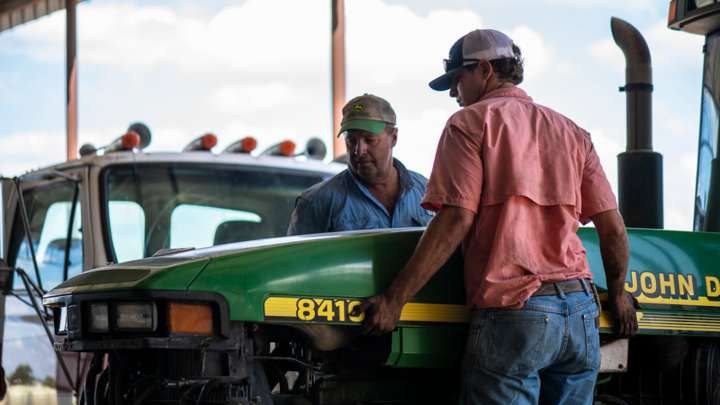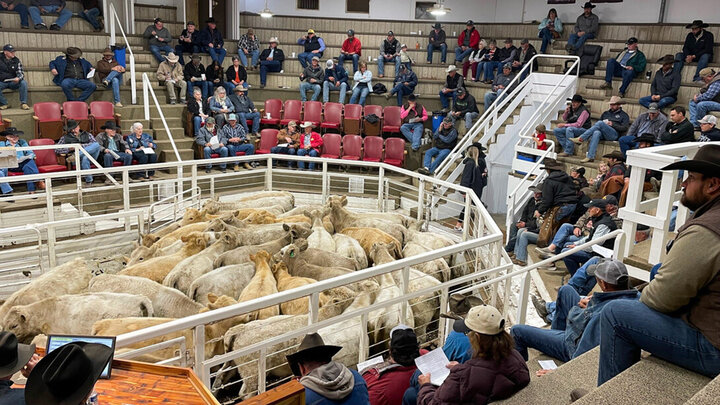Unfortunately, I run across families that must make difficult decisions in stressful circumstances. There are all kinds of situations that lead to these difficult decision periods — death, serious illness, and change in status for a business partner, just to name a few examples.
The conversation for farm families usually revolves around the future of the business. Things like controlling of the asset, who is renting, and for how much, how the assets are being passed, and with what conditions. One question for these discussions relates to equality and fairness.
One point to consider is the farm/ranch succession or transition plan is put in place prior to having one of these catastrophic events take place. I encourage families to get a plan put together while there isn’t the stress or sorrow of a death for instance. I suggest that the family’s ability to make good suggestions and decisions about the future will be easier.
When having discussions, think about one main goal. I suggest that for many families the goal might be: “when the family gets done discussing the situation and determines the future, the family is still a family.” Is the first discussion being able to agree that the family will still be a family at the end of this planning?
If all family members commit to that as the main goal, the hard discussions can be made with a different point of view. Hopefully, family members remember to listen first, ask clarifying questions second, then express their point of view last. The goal of family communication should always be: “seek first to understand, then to be understood.”
This all takes us back to a key question that many struggle with, “Is there a difference between equal and fair?” I would suggest that the family agree on how that question is handled in their situation. Understanding that prior to that critical family discussion is important.
When all family members involved have the same relationship with the farming operation then fair probably is and can be equal. However, when you have an on-farm sibling, fair may or may not be equal. The on-farm sibling has often brought decades of management and sweat equity to that operation. They feel that they are one of the main reasons that the operation has achieved what it has.
I have observed frequently that off-farm siblings do not view the contributions of the on-farm sibling the same way. In a few cases, the off-farm siblings think that the on-farm sibling got pulled along with mom and dad and while they provided some labor, and they devalue the true contributions.
I would suggest that there will almost always be a perception gap of some size between siblings in this situation. Know that it will probably exist. Also know that fair and equal will not be the same in all situations. And, using that first goal — which the family will stay together – with good communication you can overcome any obstacle in your family discussions.
As a reminder, please put a farm/ranch succession plan together prior to that difficult time for the family. Some don’t get this done because something might change in the family and the plan won’t be correct. I submit that changing a plan is cheaper in most instances that not having one. And I also submit that putting a plan together prior to that catastrophic event will be way less stress then after the event occurs.
For more information or assistance, please contact Allan Vyhnalek, Extension Educator, Farm Succession Education for Nebraska Extension. Phone: 402-472-1771 or e-mail avyhnalek2@unl.edu




